Kenya
Conservation of Endangered Zebras
Growing up, Ngeeti Lempate, affectionately known as “Mama Grevy,” was surrounded by an abundant ecosystem teeming with wildlife. However, as the years passed, she witnessed a decline in both wildlife numbers and the overall health of the land. This transformation left Mama Grevy with a deep sense of sadness.
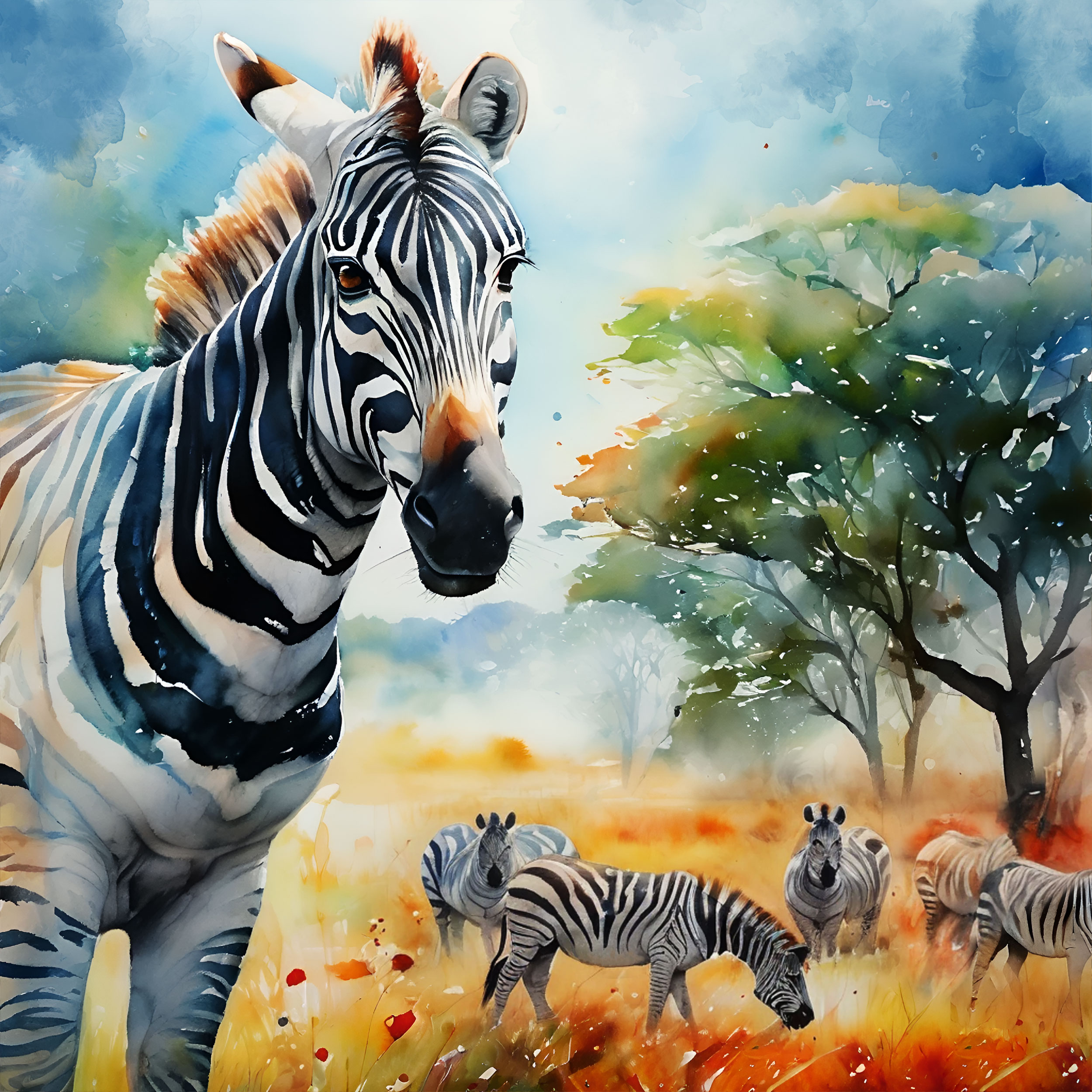
Following the tragic loss of her husband, an opportunity presented itself to Mama Grevy in the form of an encounter with the co-founder of Grevy’s Zebra Trust, Belinda Low Mackey. The Grevy’s zebra population was facing an alarming decline, and Belinda was actively seeking to recruit individuals who could monitor their health and migration patterns.
The proposition, when presented to Mama Grevy, became a clear and compelling one. Accepting it not only offered her a means of earning a living but also provided a chance to reconnect with something deeply meaningful to her—the preservation of what had been lost over the years. It laid the foundation for Mama Grevy’s remarkable journey in conservation
Without formal education or technological skills, Mama Grevy became the program’s first woman scout. Her commitment and passion led her to acquire new skills, evolving from a novice who had never held a pen to a proficient individual capable of writing and operating GPS equipment.
Recognizing the interconnectedness of land conservation with the well-being of both people and wildlife, she transitioned from monitoring to rangeland restoration work.
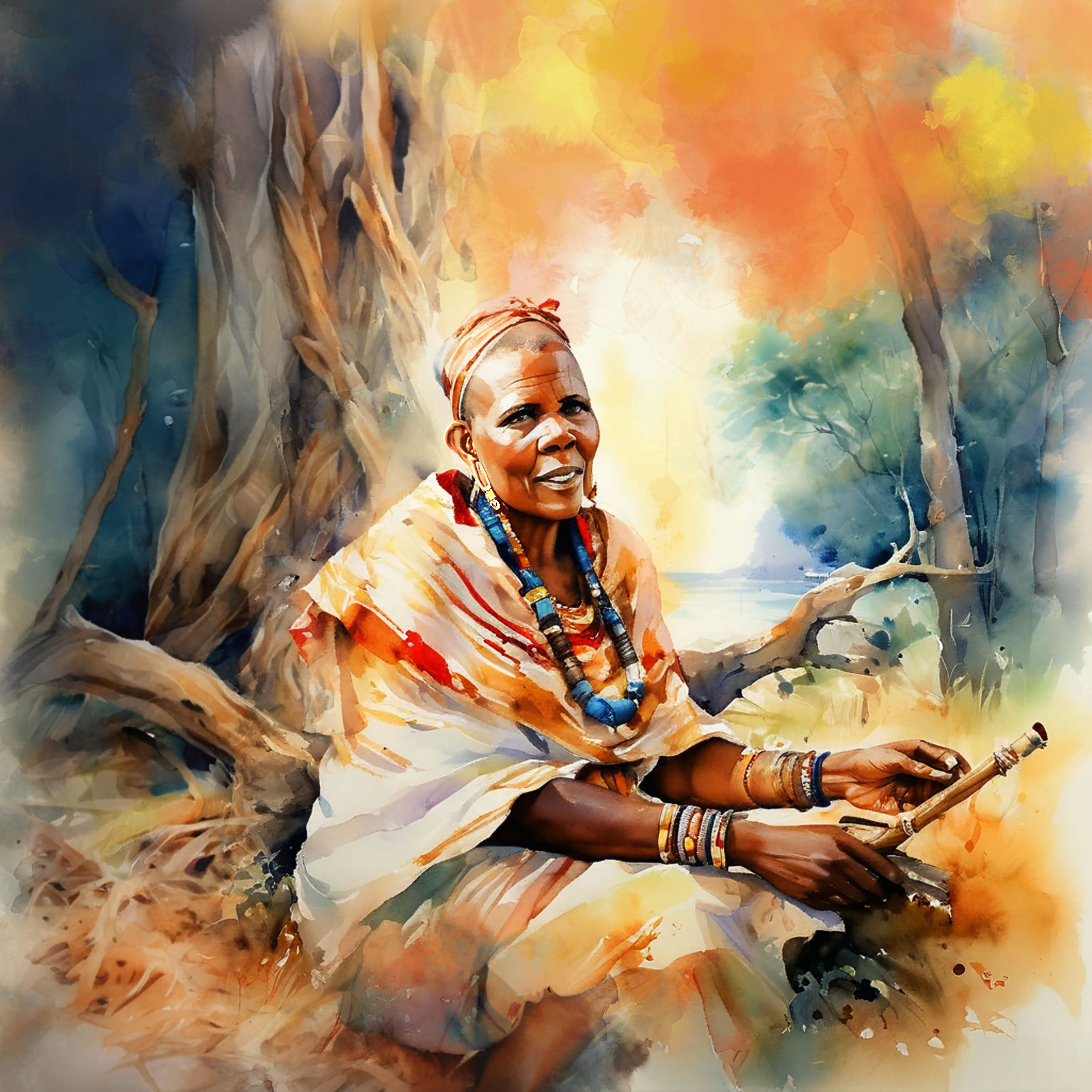
In a community where women’s efforts were frequently dismissed, overlooked, or undermined, Mama Grevy, alongside other women scouts, worked tirelessly to emerge as ecological leaders. During droughts, they dug wells and supplied supplemental feed to ensure the well-being of the zebras. In times of floods, they constructed semi-circular bunds to slow erosion. And when it was time to sow, Mama Grevy mobilized her peers to plant grass seeds, which they sold to conservancies to earn a livelihood.
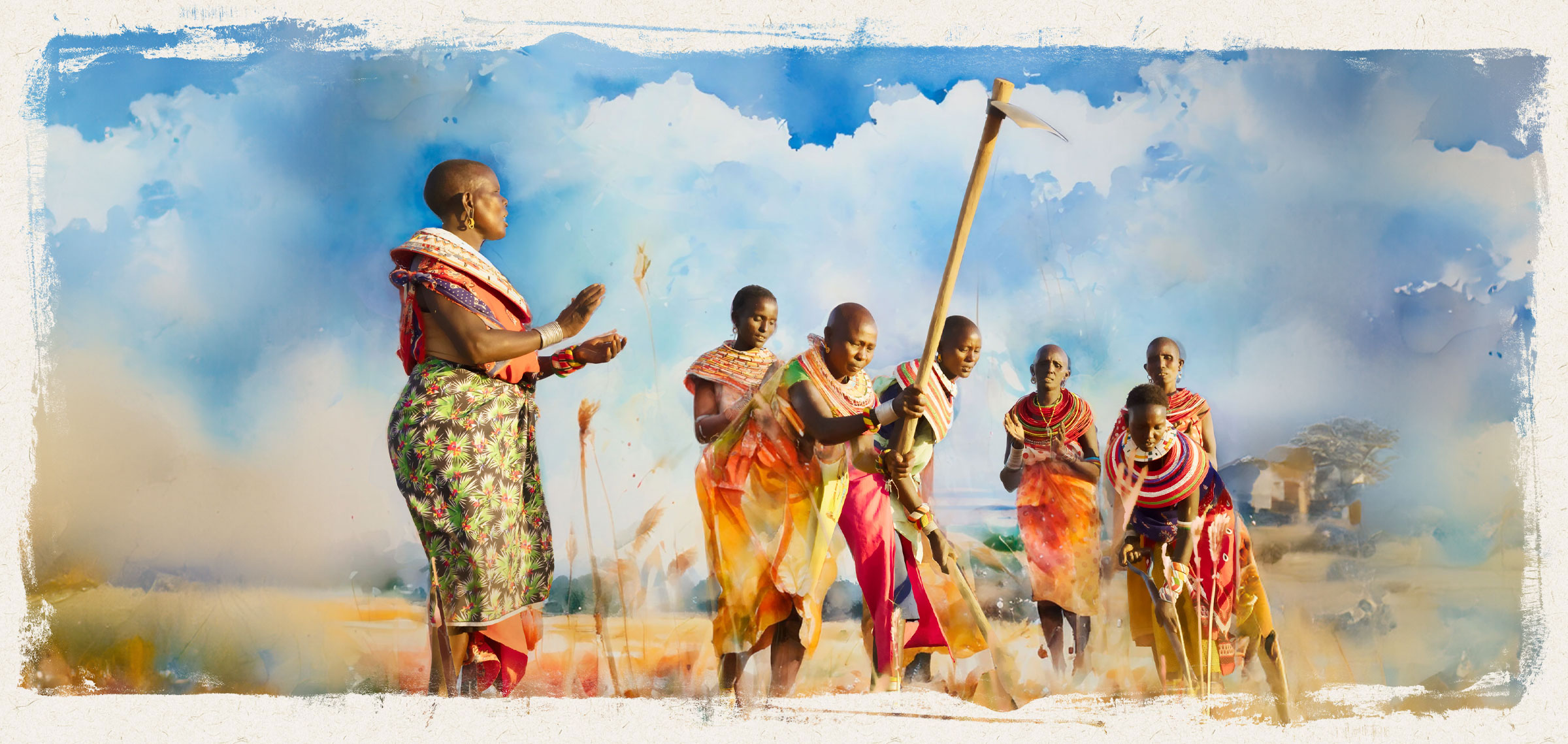
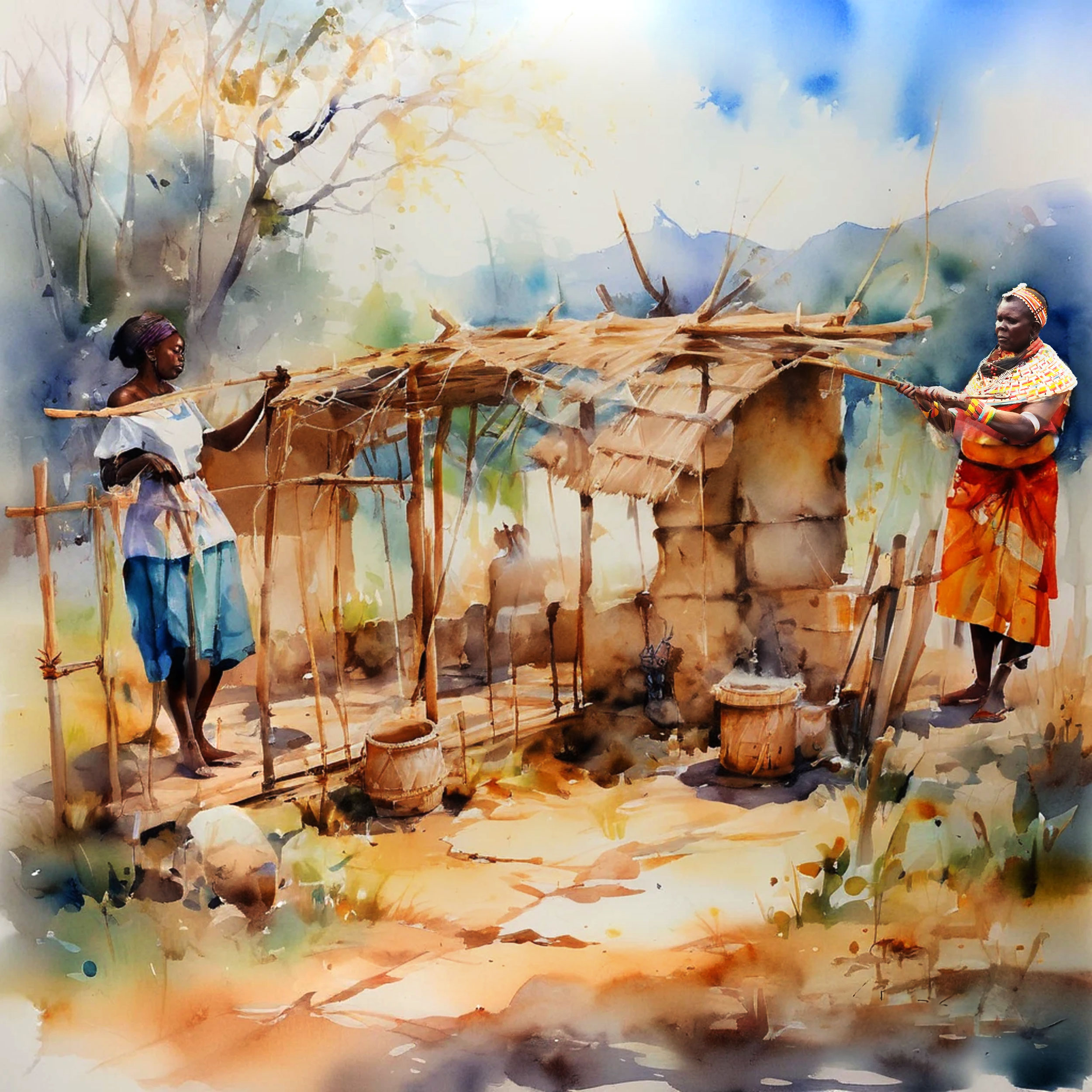
Mama Grevy’s success lies in achieving community buy-in and momentum. She actively engages with the community, speaking to schoolchildren about the importance of protecting the natural environment and calling meetings to rally support for broader conservation initiatives.
Her efforts have given women agency and improved their economic status in the community. Today, women scouts play a crucial role as citizen scientists in the conservation program, challenging their traditionally limited role in the Samburu tribe. In addition, community engagement by the scouts has led to increased coexistence with Grevy’s zebras through improved management and sharing of natural resources.
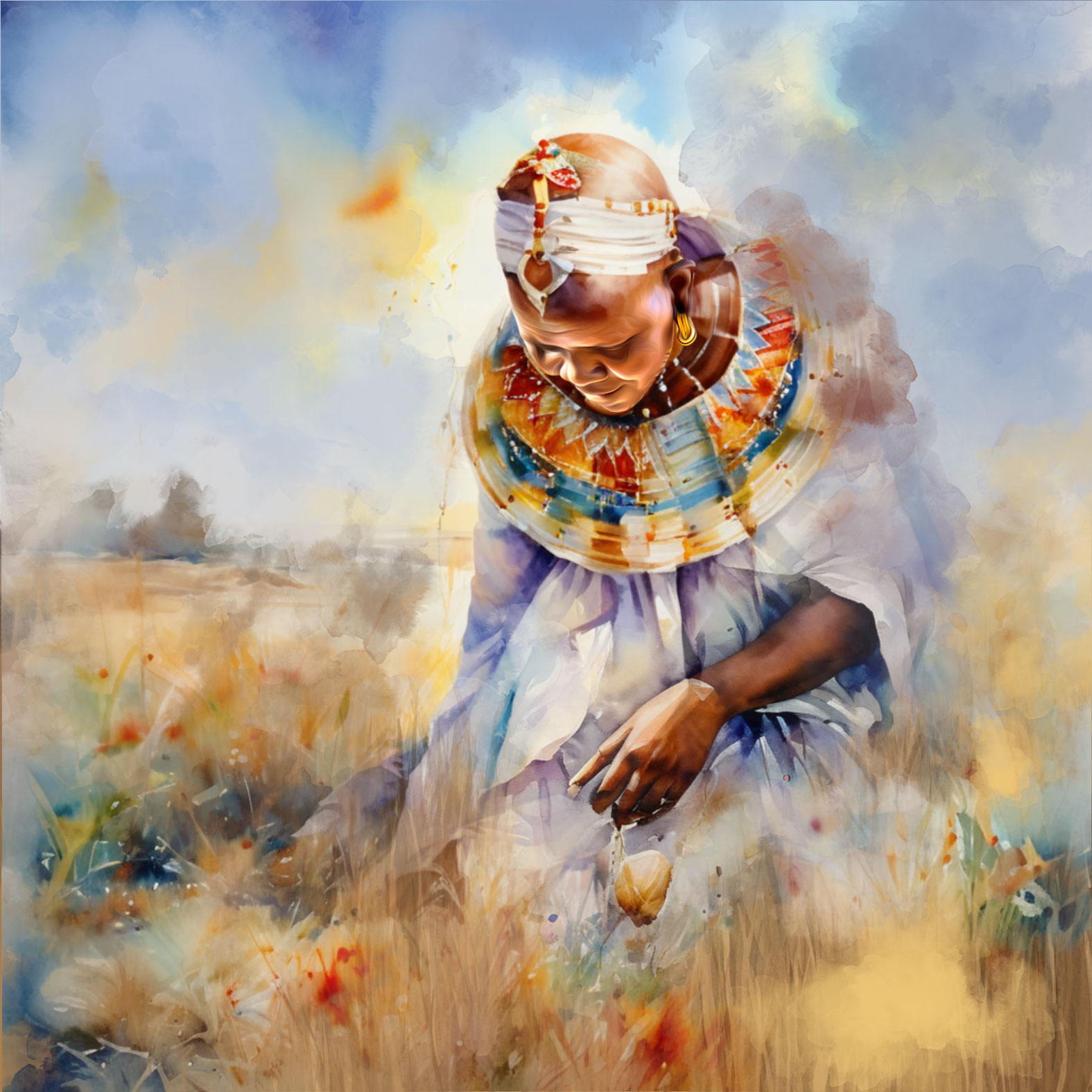

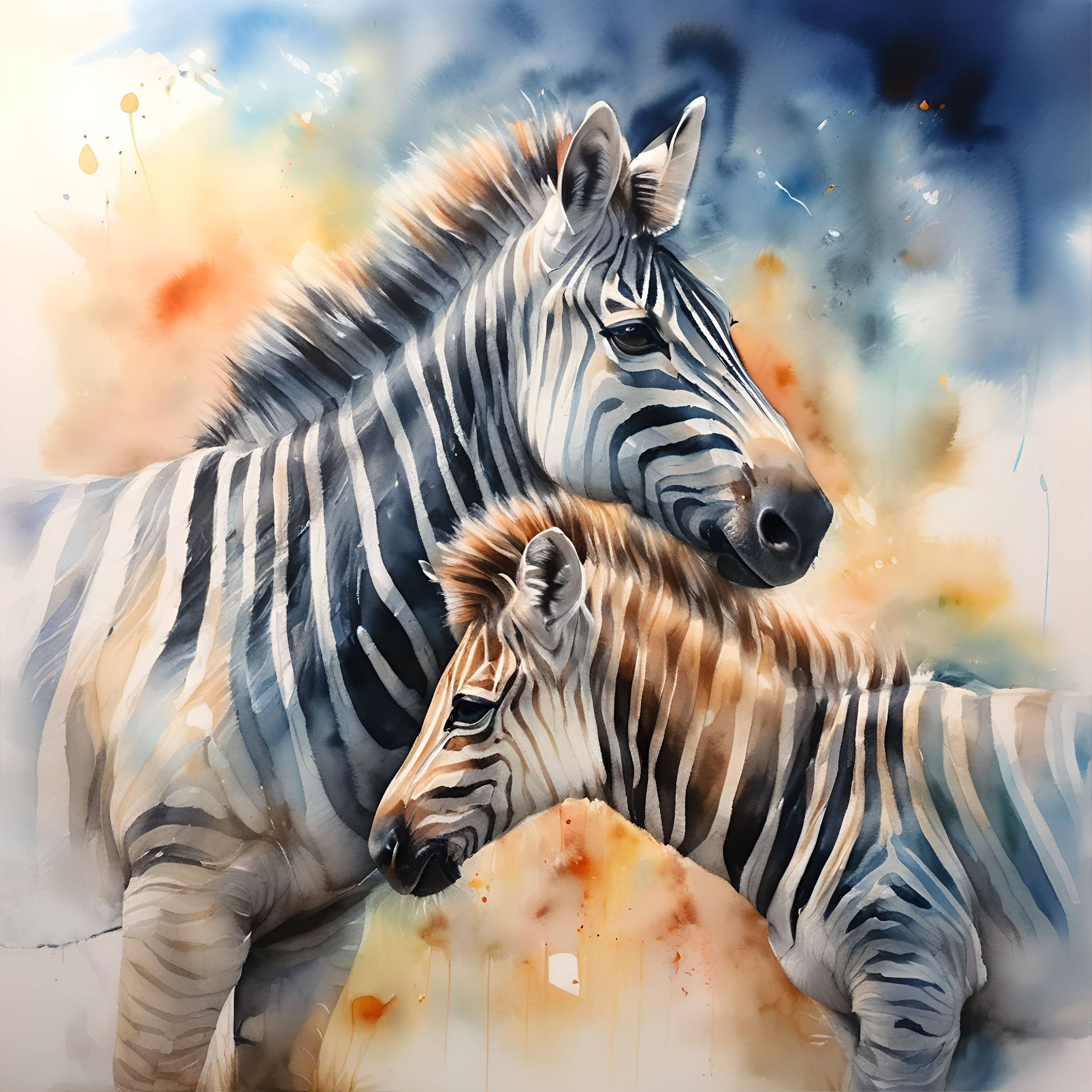
Distinguished as the rarest among Africa’s three zebra species, Grevy’s zebras play a crucial role in maintaining biodiversity by clearing off the tops of coarse grasses, which pose digestion challenges for various herbivores. Despite their significance, the species stands as an endangered large mammal, having undergone one of the most substantial reductions of range of any African mammal.
Importantly, the richness of biodiversity serves as a natural defense mechanism against the challenges presented by climate change. Diverse ecosystems, with their variety of species and interactions, are inherently better prepared to handle disturbances and adapt to environmental changes. Protecting these areas goes beyond ensuring the survival of unique species; it actively strengthens the resilience of ecosystems.
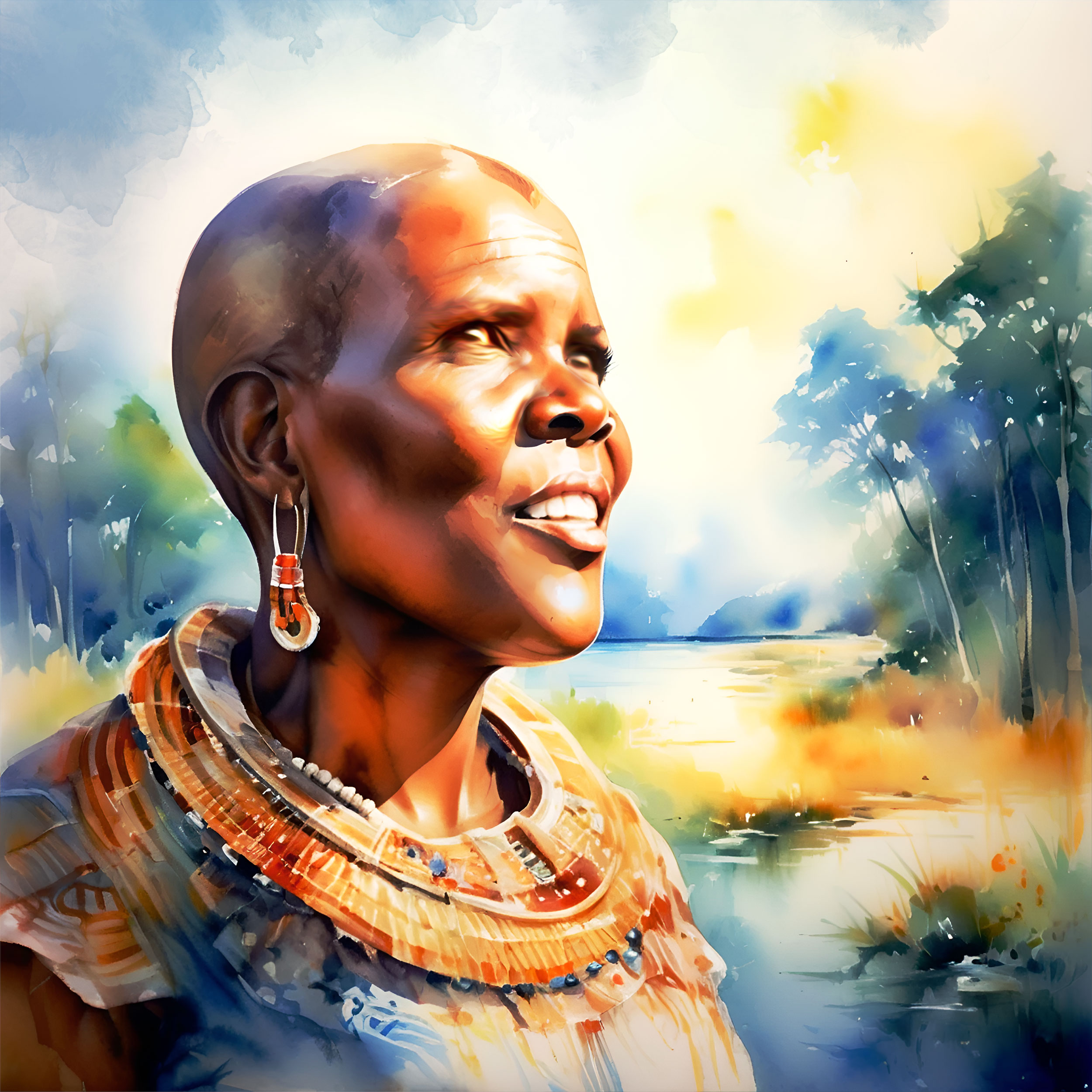

Consider these tips:
Personal
Mama Grevy’s story teaches us that being a conservationist is more about adopting a mindset and making a commitment to positive environmental action than a specific job title or qualification. Write your own story of conservation by exploring and identifying species or animals in your local environment that require protection. Educate yourself and share knowledge on their significance and the role they play in preserving the ecosystem. Consider the steps you can take to protect them.
If you live in an urban area, think about establishing initiatives within your town or city to encourage the return of specific species. Create awareness around them. Get your neighbors involved. Together, you can support the coexistence of humans and wildlife in urban settings.
Community
Collaborate with community members to develop sustainable resource management practices. These include responsible water use, land conservation, and strategies for mitigating the impact of natural disasters on wildlife and the community. By combining individual actions with community-level initiatives, people can make a significant impact on the overall well-being of their ecosystems.
Share Your Ideas
Share your ideas: Have you or someone you know done something in your community to combat the destruction of ecosystems? We would love to hear from you! Please send your story to engage@daughtersforearth.org. You can support all Daughters by donating below.

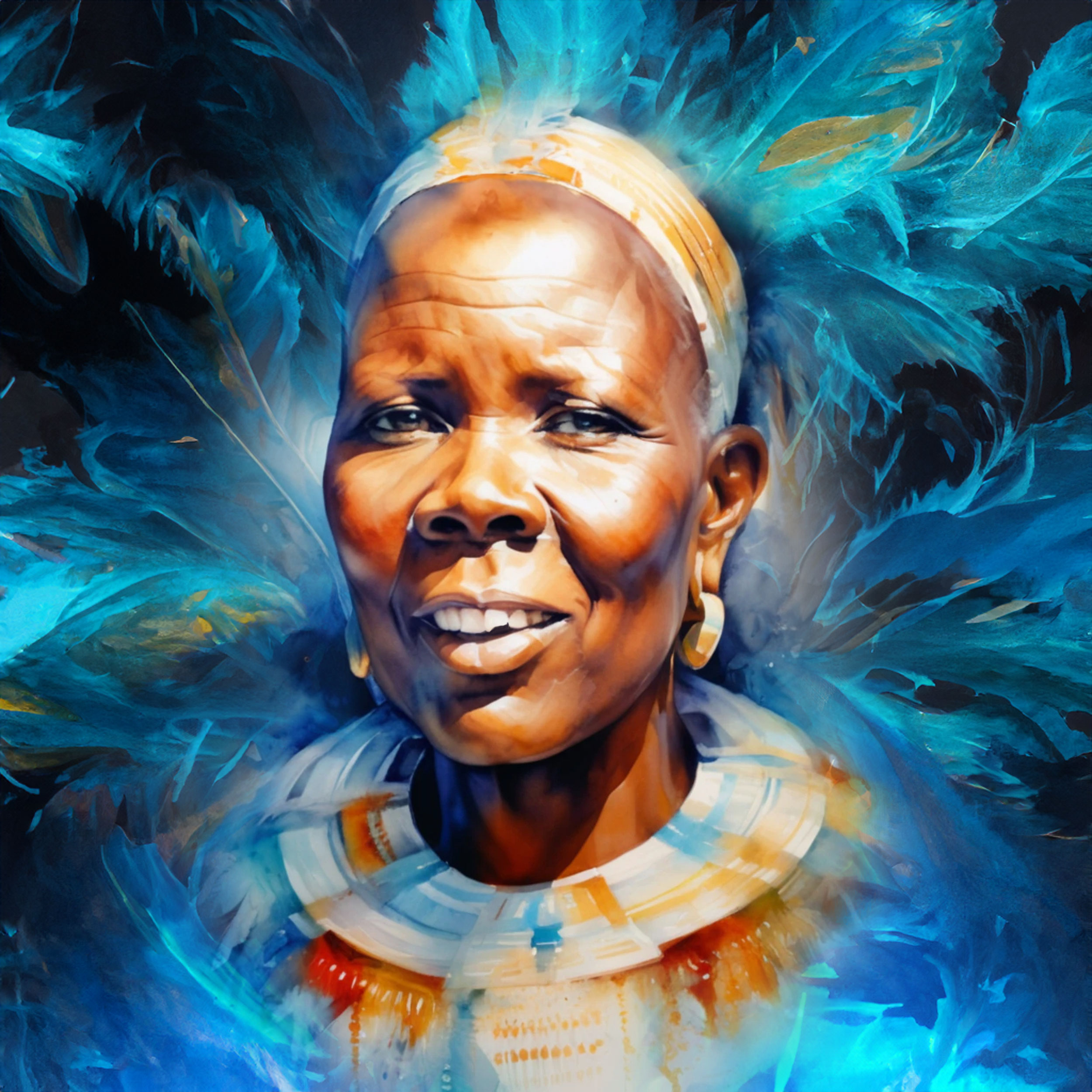

 Donate
Donate